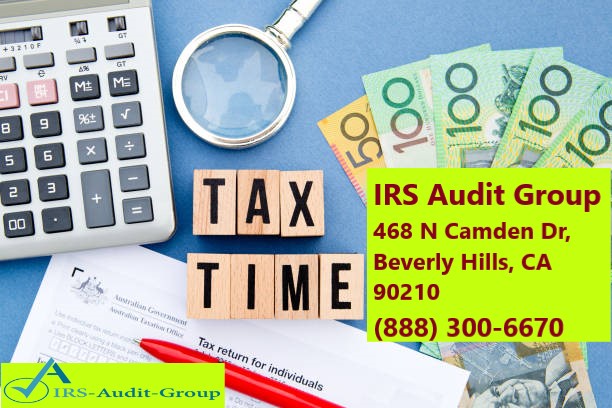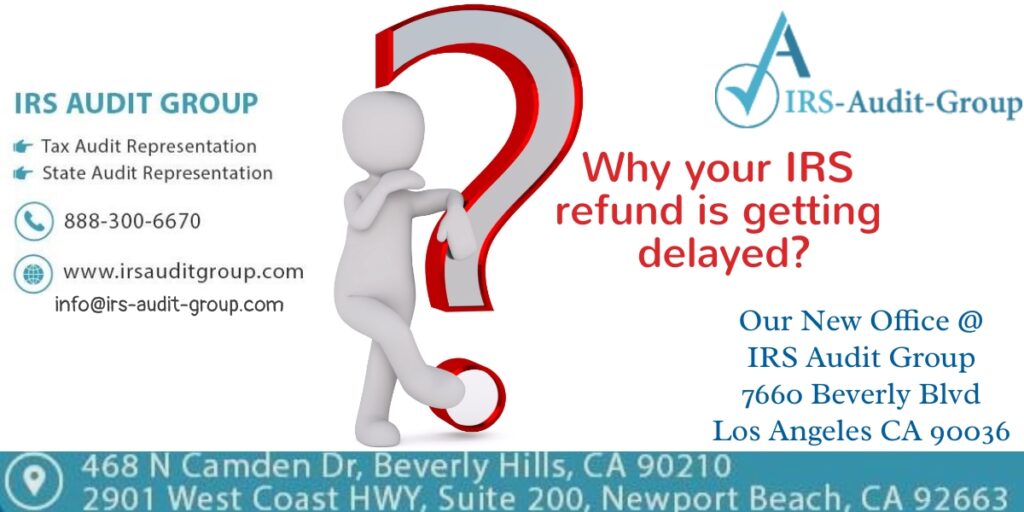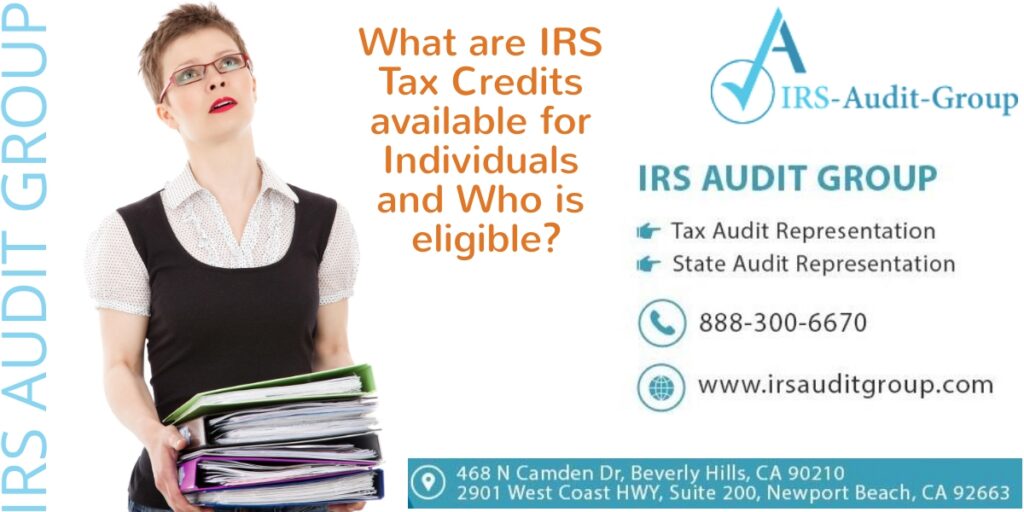IRA or the Individual Retirement Account will help lower your taxable income for the tax season 2022. IRA is easy to set up, and it allows to save for retirements with tax-free benefits. One can open a traditional IRA from a bank, brokerage, mutual fund, or insurance company. The money saved in this account can be used to invest in stocks, bonds, mutual funds, exchange-traded funds, and other approved investments.
As we know, IRA is an individual-owned account that provides more flexible benefits than the 401(K) plans. The 401(K) plans are sponsored by employers. The employer has the right to change the plan or limit the investment options.
Traditional IRA vs. Roth IRA
These are two common IRAs that an individual can set up to contribute to their retirement savings. The important difference between these two is traditional is tax-deferred and Roth is tax-free.
Traditional IRA: The contribution is deductible from your tax return. The earnings grow tax-deferred until you withdraw them upon retirement. But the withdrawals are taxable as income after age 59½. There is also a 10% IRS penalty tax in addition to current income tax if the withdrawal is made before 59½. Individuals with a low tax bracket at the time of retirement or taking withdrawals can use a traditional IRA.
Roth IRA: Savings for Roth IRA is contributed after the tax is paid. But the withdrawal is penalty-free and tax-free after the age of 59½. Still, one needs to wait at least five years to withdraw the savings from Roth IRA.
What has been changed for the tax year 2022?
The contribution limit for tax season 2022 is not changed from the previous year for the IRA, but the adjusted gross income (AGI) has been increased like every year. One can contribute a maximum of $6,000 in the tax year 2022 if you are below the age of 50. An additional contribution of $10,00 is allowed for individuals older than 50. But the contributions for the 401(k)s and 403(b)s plans that are provided by employers for the tax season 2022 have been increased. For the retirement savers younger than 50, the maximum contribution limit has been set as $20,500 in 2022, an increase of $1,000 from 2021. Those 50 and older can add an extra $6,500 (same as 2021) — for a maximum contribution of $27,000 in 2022.
The AGI limits for the tax year 2022 on Traditional IRA tax deduction are summarized below
| Filing status | Traditional IRA AGI limits | Comments |
| Single taxpayers | $68,000 to $78,000 | covered by a workplace retirement plan |
| Married couples filing jointly | $109,000 to $129,000 | spouse making the IRA contribution is covered by a workplace retirement plan. |
| Married couples filing jointly | $204,000 to $214,000 | not covered by a workplace retirement plan married to someone who is covered |
| Married filing a separate return | $0 to $10,000 | taxpayers covered by a workplace retirement plan |
The AGI limits for the tax year 2022 on Roth IRA tax contribution are summarized below
| Filing status | Traditional IRA AGI limits | Comments |
| Single taxpayers | $129,000 to $144,000 | covered by a workplace retirement plan |
| Married couples filing jointly | $204,000 to $214,000 | spouse making the IRA contribution is covered by a workplace retirement plan. |
| Married filing a separate return | $0 to $10,000 | taxpayers covered by a workplace retirement plan |
The savings on an IRA can help build sizable retirement savings. It gives more investment options and choices while having benefits like tax-deductible and tax deferral. Take advantage of this terrific opportunity and jump-start your IRA account. Taxpayers can contribute to an IRA for the 2021 Tax Year until the tax deadline (April 18, 2022).
Call our consultants with IRS Audit Group, Telephone Number: (310) 498-7508 for more information and to find out if you are eligible to contribute. Let us help you establish your retirement funding plan today.
info@irs-audit-group.com










